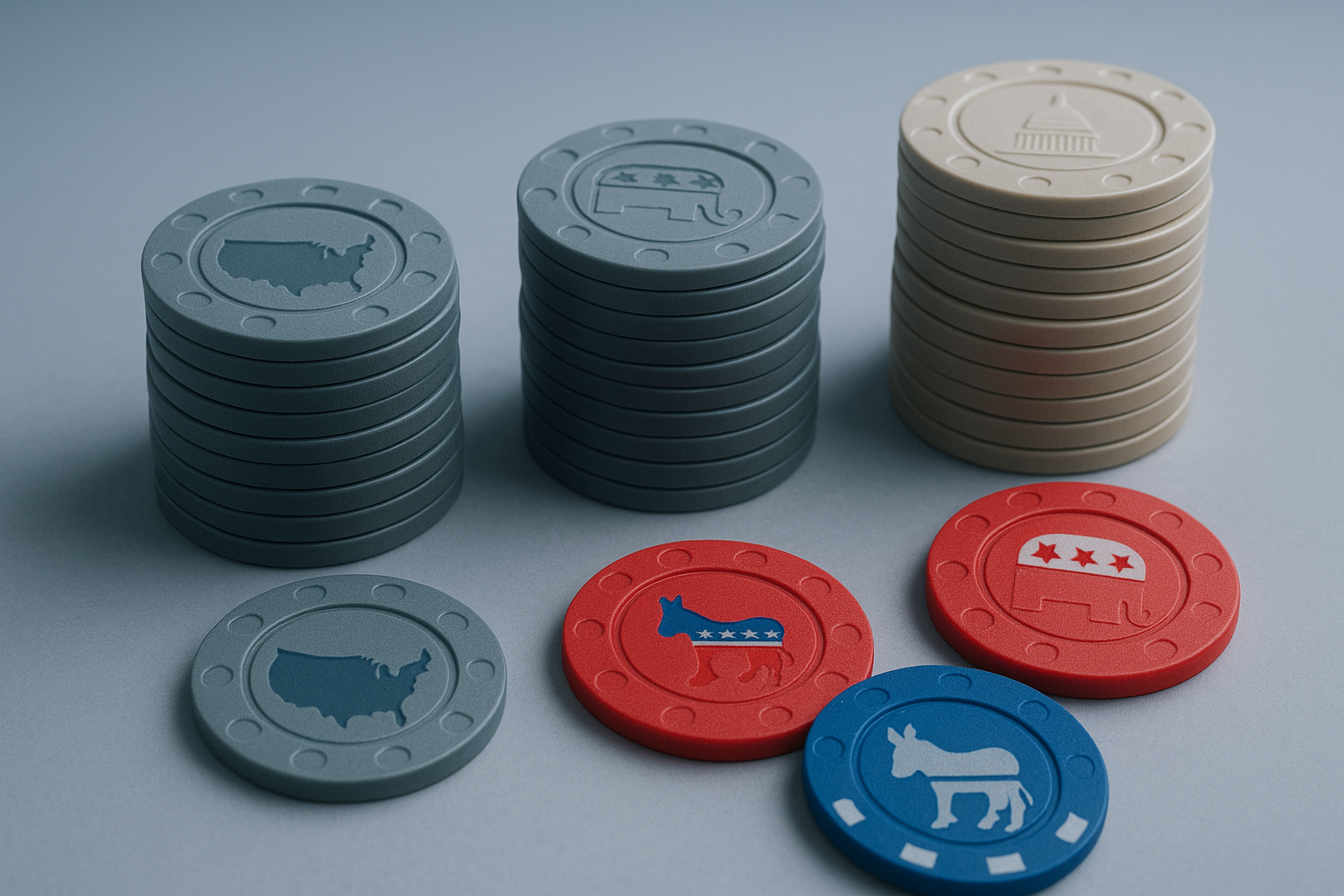Understanding the Strategy and Psychology Behind Political Betting

Betting on politics has emerged as a fascinating arena for enthusiasts seeking to apply strategic thinking beyond traditional sports. Political events, much like football matches, present unique challenges and opportunities for bettors. This article delves into the intricacies of political betting, exploring how it compares and contrasts with sports betting.
Political betting requires a nuanced understanding of both current events and historical trends. Unlike sports betting, where outcomes are influenced by player performance and team dynamics, political betting hinges on public opinion, election forecasts, and geopolitical developments. As you engage with political betting, you’ll discover that success depends on analyzing odds, understanding market behaviors, and anticipating shifts in public sentiment.
How political betting landscapes shape decisions
Betting on politics involves more than just predicting election outcomes; it’s about understanding the broader socio-political context. Odds in political betting are shaped by factors such as polling data, candidate debates, and media coverage. These elements create a dynamic environment where odds can shift rapidly based on new information. Recognizing these fluctuations is crucial for making informed betting decisions.
The unpredictability of political events adds complexity to betting strategies. A candidate’s unexpected gaffe or a significant policy announcement can dramatically alter the odds. Successful political bettors are those who can anticipate such shifts or quickly adapt their strategies in response. The interplay between data analysis and intuition is vital in navigating these betting landscapes. While data provides a foundation for making predictions, the ability to interpret that data in the context of unpredictable variables sets successful political bettors apart.
By combining statistical analysis with an understanding of political market behavior, you can enhance your betting strategies. This approach not only helps in understanding the odds but also in adapting to sudden changes in the political landscape.
Strategic parallels in political betting approaches
There are notable strategic parallels between political and sports betting. Successful political bettors often immerse themselves in historical data, examining past election results and political trends to identify patterns that might predict future outcomes. Understanding these trends is critical, as tracking how political figures perform under different conditions can reveal valuable insights.
Staying updated with current political developments is essential for making informed bets. Bettors frequently use historical data as a predictive tool. By examining past occurrences and current trends, you can formulate educated guesses about future political events. This strategic approach allows bettors to minimize risks while maximizing potential gains in political betting.
Market dynamics in political betting scenarios
Market dynamics in political betting are influenced by external factors like public opinion polls, media narratives, and geopolitical events, which play a substantial role in shaping odds. The implications of these factors lead to varied betting strategies and outcomes. Political bettors might focus on individual candidate statistics or party strategies when assessing potential outcomes.
This divergence necessitates distinct approaches but also offers opportunities for cross-application of certain strategies. Recognizing these differences enables you to tailor your betting approach appropriately while also leveraging insights gained from one domain to enhance performance in another.
Public perception’s impact on political betting markets
Public perception heavily influences political betting markets through media coverage and popular opinion. Media narratives can shape perceptions by highlighting particular aspects of a political event, thus affecting how odds are set by bookmakers.
In political betting, media hype around candidates or high-stakes elections often skews public expectations—and subsequently—the odds offered by bookmakers. Staying informed yet critical of such narratives is crucial for bettors aiming to navigate these markets effectively without being swayed by sensationalist reporting alone. By critically analyzing information from diverse sources, you ensure your decisions are based on comprehensive insights rather than biased opinions.
